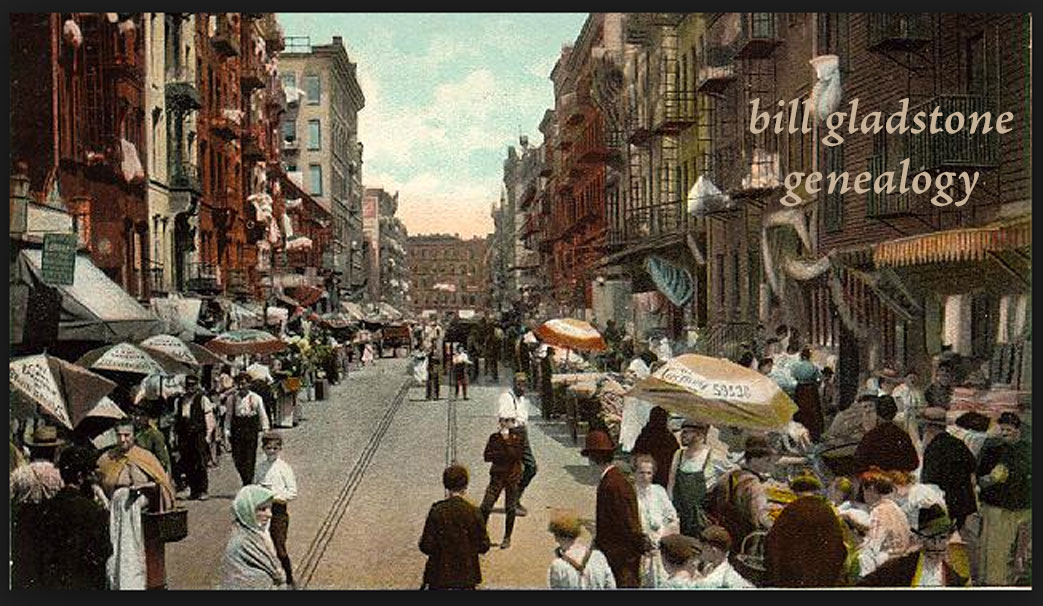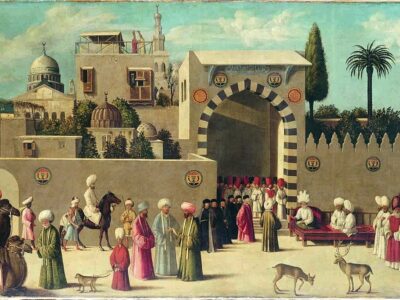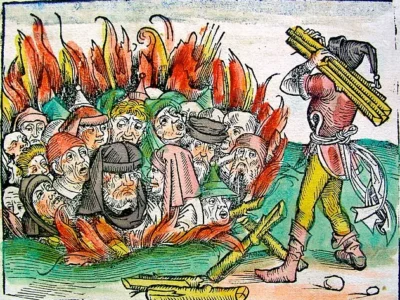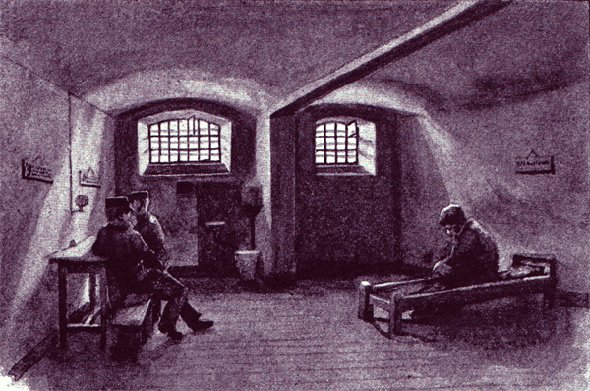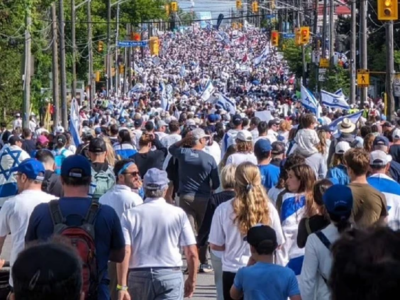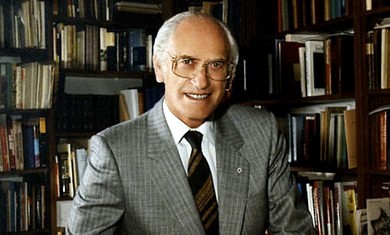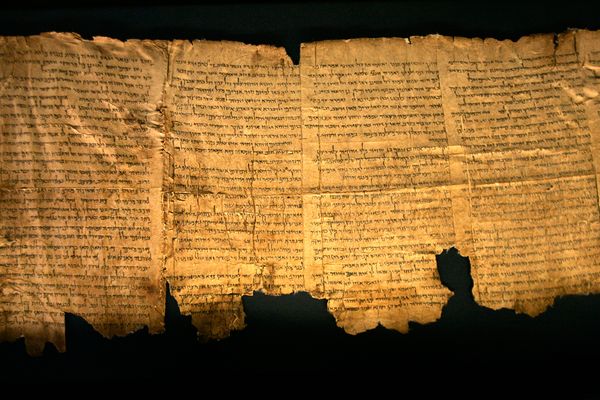 “(A) knowledge of one’s grandfathers is an excellent introduction to history.” — Maurice Samuels
“(A) knowledge of one’s grandfathers is an excellent introduction to history.” — Maurice Samuels
It is a truism of family history research that you can visit libraries and archives any time you like, either now or next year, but you should not delay interviewing elderly relatives about your family history, as they may not be around forever.
The greatest regret of many genealogists is that they didn’t ask the right questions of the right people at the right time. Tombstones often have stories to tell, but they’re not nearly as articulate as living people.
Your first choice in conducting family interviews is to determine the right subject. Not everyone will be a fount of knowledge on family matters. The ideal subject is a raconteur with a sharp and honest memory, who is old enough to remember important family events of long ago.
Effective oral history cannot occur by asking questions on the spur of the moment, without forethought. Prepare for the interview by devising a list of questions. Here are ten sample areas of questioning, suitable for a relative born in the Old Country:
(1) What towns did the family come from in Europe? What do you remember of your life in these places?
(2) Please tell something about your parents, grandparents and great-grandparents. (Try to establish time and place of births, marriages, deaths, etc.)
(3) Who came from Europe to Canada? In what order?
(4) Why did they leave?
(5) When and how did they get here? If by ship, what do you remember of the voyage?
(6) On what vessel? Where did the ship dock?
(7) Who was the first person in the family to come to Canada/America?
(8) Where did family members settle in Canada/America? In what cities and on what streets?
(9) Did contact continue with relatives in the Old Country? With whom and for how long?
(10) Can you tell or show any stories, traditions, observances, recipes, photos, documents or other objects from the Old Country?
Other lists of questions, in greater detail, may be found in the very useful book Record and Remember: Tracing Your Roots Through Oral History, by Ellen Robinson Epstein and Rona Mendelsohn. Another good sourcebook for doing oral histories is the classic text on Jewish genealogy, From Generation to Generation, by Arthur Kurzweil.
When interviewing an elderly relative who seems to possess much valuable information, don’t tire out your subject by asking all your questions all in one visit. Talk for an hour or so, then arrange to come back another day.
Also, try to be a good listener; let your subject talk. Don’t interrupt a good story by asking for minor details that can be attained later.
A technological tip: As you’re listening, check the tape recorder intermittently. Too many interviews are lost because the tape jams, an incorrect button is pushed, the microphone connection is faulty, or the batteries go dead. Don’t let such a mishap foil your noble intent to preserve your family history. For complete security, take notes as a back-up.
Epstein and Mendelsohn write that a grandchild often does an excellent job of interviewing an elderly person because of the natural rapport between them. But they warn that parents “can never be completely candid” with their own children because there are always outstanding parent-child issues between them.
“We know of a 68-year-old woman who lives with her 92-year-old mother,” they write. “The mother is still complaining bitterly about her daughter’s sloppiness and refusal to pick up the clothes in her room. It is very difficult for parents to see children as adults — at any age.”
Even so, if you have an inclination to interview a parent about your family history, my advise is to do so immediately. Don’t wait. “Why didn’t I ask him (or her) that question while I had the chance?” is a sad but common refrain among genealogists. ♦
© 1999
